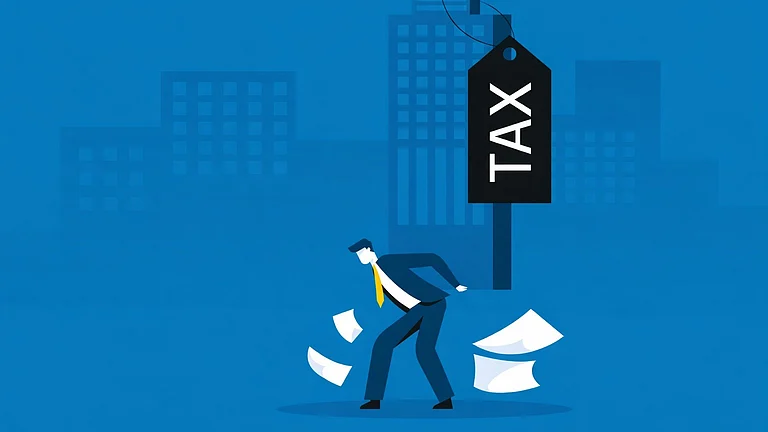The Centre is reportedly seeking a review of a Supreme Court ruling by a nine-judge bench, which allowed states to collect royalties on extracted minerals and levy taxes on mineral-bearing land, citing multiple 'errors apparent in the judgment.'
According to a report by the Economic Times, the Supreme Court had earlier announced that it would establish a bench to address follow-up petitions of mineral-rich states such as Jharkhand. These states are looking to recover royalty and tax arrears from the Centre and mining companies for mineral rights and mineral-bearing lands.
The apex court had affirmed in a ruling that the power to tax mineral rights resided with the states rather than Parliament, a few months back.
Following this, on August 14, the Court issued a clarification stating that the judgment would not have any prospective effect. It allowed mineral-rich states to recover royalty and tax arrears on mineral rights and mineral-bearing lands from the Centre and mining firms, dating back to April 1, 2005.
When the ruling initially came last month, it had caused a massive drop in many metal and mining stocks. While private companies like Tata Steel witnessed a decline of over 1 per cent, public sector companies experienced a much larger slump. For instance, NMDC (National Mineral Development Corporation) saw a sharp 6 per cent drop in its share price.
Meanwhile, the Centre has enlisted Madhya Pradesh as a co-petitioner to request a review of the July 25 judgment during an open court session. They contended that the matter involves the fundamental rights of citizens and significant public interest.
The center said that the matter “pertains to the fundamental rights of the citizens of the country and raises larger issue of public interest and grave injustice would ensue if the application for oral hearing of the review petition is not allowed,"
































